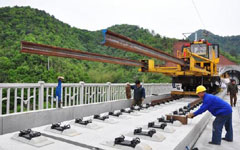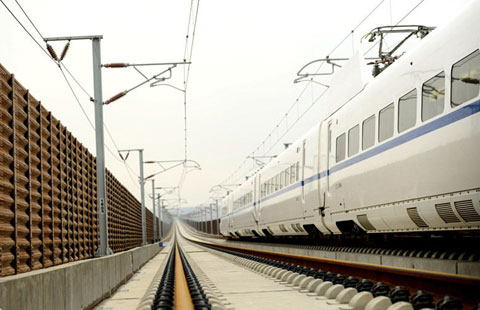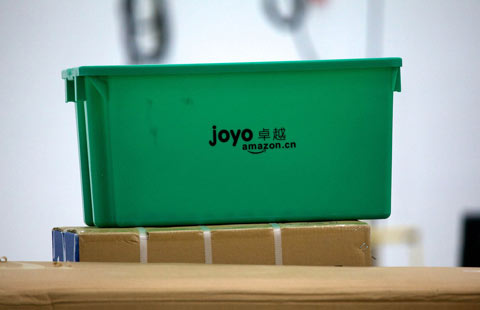IMF deputy chief assesses China's growth, reform list
(Xinhua) Updated: 2014-06-06 10:16Lipton believes Chinese local government financing vehicles must be used to fund local economic growth "in a way that ensures that resources are being used wisely and the right projects get done." He commended China's recent efforts to give local governments autonomy to issue bonds directly in a bid to better monitor local government debts.
Rapid growth of TSF and local government debts were both cited as major challenges facing China in the IMF's Article IV Consultation with China last year.
 |
|
 |
In his view, important reforms yet to be completed in China include liberalizing the deposit interest rate, making the exchange rate more flexible, building a deposit insurance program, fiscal reform, rebalancing economic growth, environmental protection, and improving the economic governance and institutional base.
The process of implementing China's landmark economic reform agenda should go forward. "There is no reason to slow it. There is no reason to delay," said Lipton. He advised against letting the pace of reforms be affected by the possibility of them having a negligible effect on the growth rate.
Positive development
Fortunately, the economic drag on the Chinese economy has not been so significant, and the strength of the global economy and exports has offset the slight slowdown of Chinese domestic demand, noted the senior international economist.
China's trade with the United States, the EU, Japan and the ASEAN rose 2.4 percent, 8.5 percent, 1.6 percent and 1.2 percent respectively in the first four months of 2014.
- IMF deputy chief assesses China's growth, reform list
- Making big data more accessible to all
- China's box office takings surge since 2002
- Chinese PV firms regret US duties
- Shenzhen plans rules on joint residential ownership
- Chinese tire industry watching US trade case
- Rare earth quotas, tariffs 'set to end'
- Alibaba ponders ways to keep flock together

















